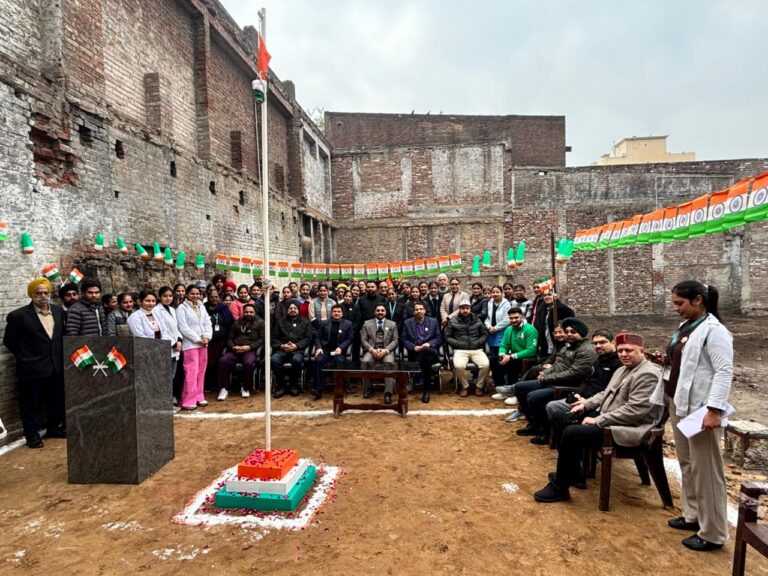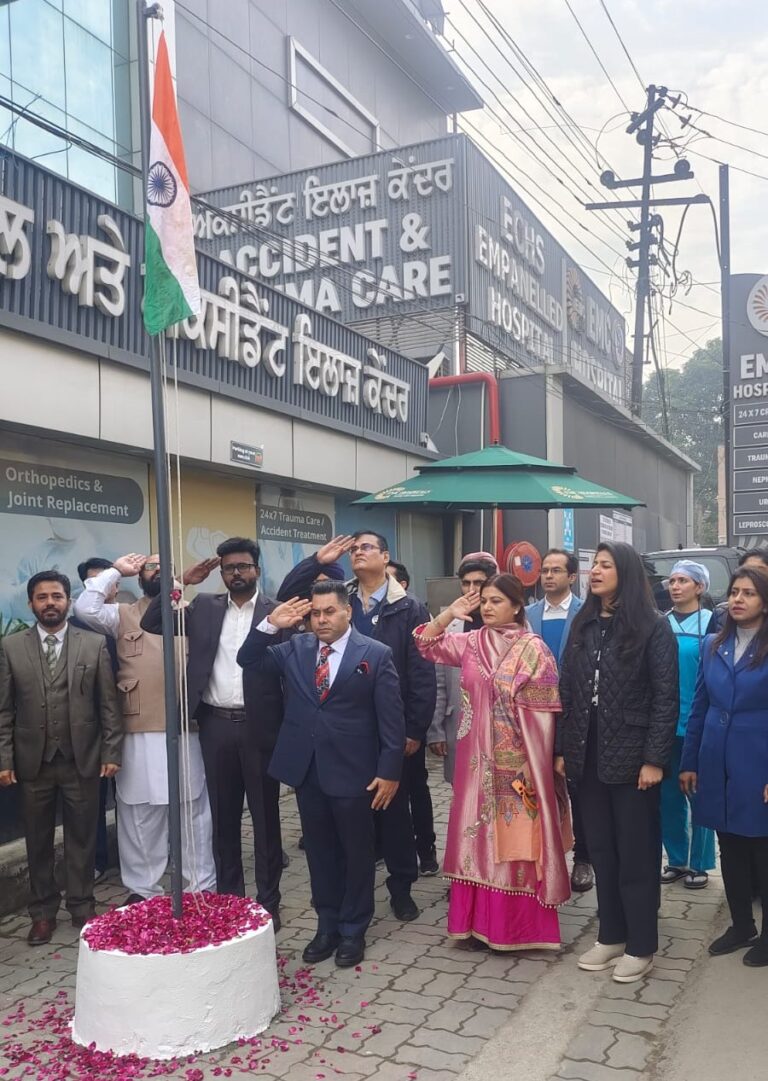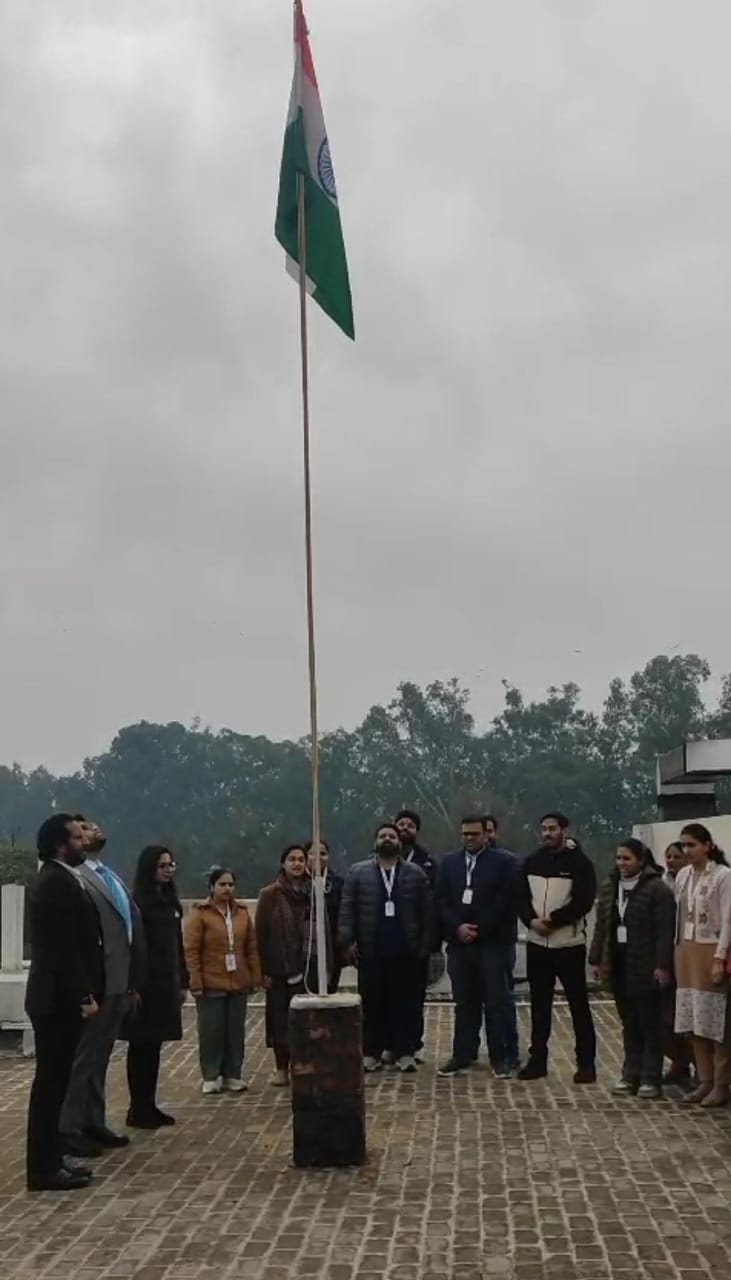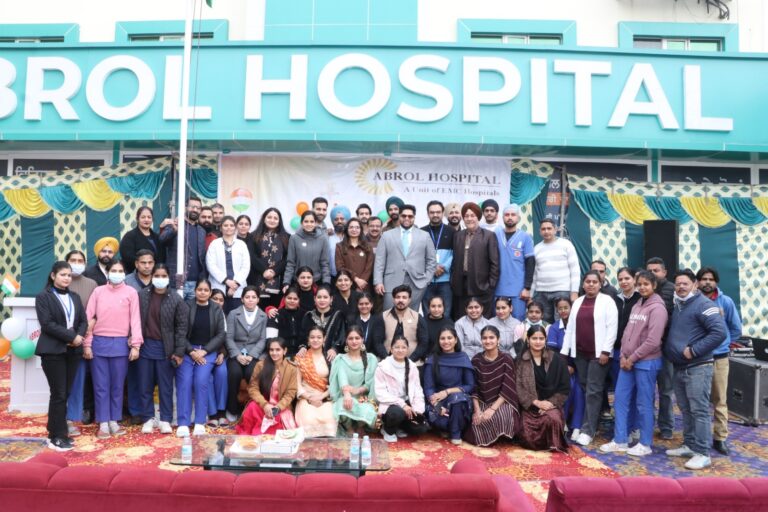Endoscopy: Timely Diagnosis is the Key to Preventing Serious Diseases – EMC Hospital, Amritsar
In today’s fast-paced life, changing lifestyles, poor eating habits, and rising stress levels are contributing to a rapid increase in stomach and digestive disorders. Often, people ignore the early signs, and by the time the disease takes a severe form, treatment becomes difficult and time-consuming. In such cases, endoscopy has emerged as a modern medical technique that has simplified and made disease detection and treatment safer.
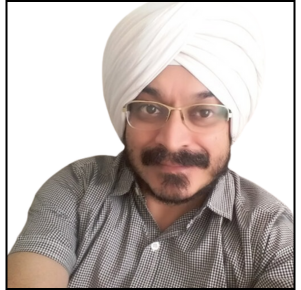
Endoscopy is a specialized procedure in which a thin, flexible tube equipped with a light and camera is inserted into the body. This allows doctors to directly examine internal organs and make an accurate diagnosis without the need for major surgery. In many cases, minor treatments can also be carried out immediately during the procedure, such as stopping internal bleeding or removing small polyps.
Dr. Anumeet Grover at EMC Hospital, Amritsar explains that there are different types of endoscopy, chosen based on the patient’s condition. Gastroscopy is used for the stomach and intestines, colonoscopy for the large intestine, bronchoscopy for the lungs, and laparoscopy for examining the abdominal cavity. In some cases, a special procedure called ERCP is used to diagnose diseases related to the bile duct and pancreas.
This investigation becomes especially necessary when patients experience persistent issues such as abdominal pain, acidity, blood in vomit or stool, difficulty swallowing, chronic cough, breathing problems, or unexplained weight loss. Ignoring these symptoms can be dangerous, as they may indicate a serious illness.
The benefits of endoscopy make it even more significant. The procedure is relatively quick and almost painless, requires minimal time, and most importantly, helps detect diseases at an early stage. In some cases, it also eliminates the need for major surgery, since minor treatments can be performed during the procedure itself.
According to Dr. Grover, “Endoscopy is not just a diagnostic tool—it is a lifesaving procedure. When performed at the right time, it can help identify and treat conditions such as ulcers, gastrointestinal bleeding, cancers, and lung diseases at an early stage.” He strongly advises people not to take digestive or gastrointestinal problems lightly and to consult a specialist without delay.
In conclusion, neglecting endoscopy in today’s era is akin to risking one’s health. When carried out in time, it proves to be one of the safest and most effective methods for both prevention and treatment of serious illnesses. The truth is, timely endoscopy is the key to a healthier and safer life.

